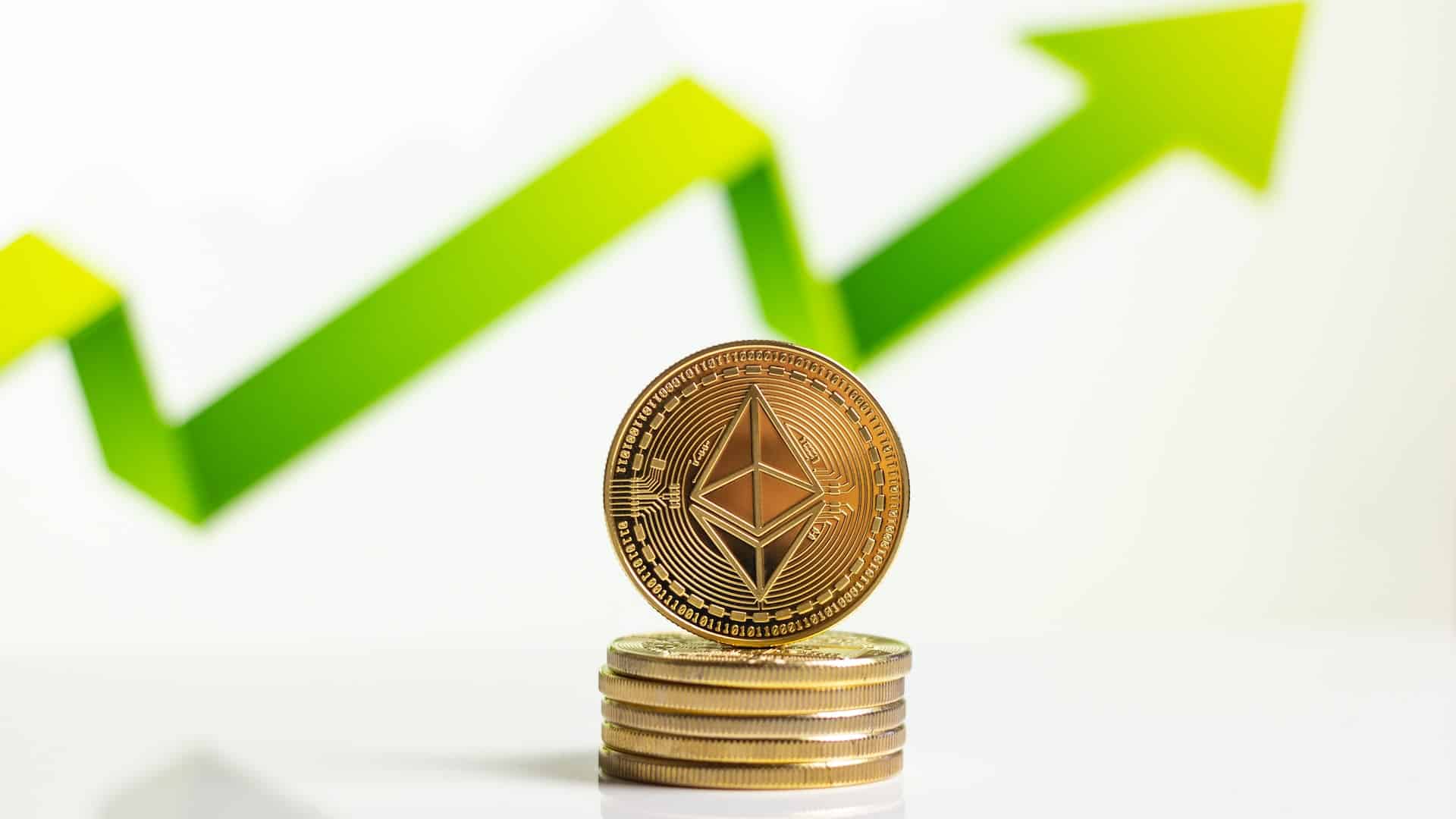The decentralized finance world continues to evolve, presenting a growing array of ways to potentially earn an investment income. Read on to learn how to invest in DeFi using a range of possible DeFi investment opportunities.
What Is DeFi?
Decentralized finance (DeFi) is a permissionless, open-source financial services ecosystem built on blockchains operating without a central authority.
DeFi relies on smart contracts that define the operating rules on a platform while executing transactions in place of a central authority. DeFi users control their digital assets entirely and rely on decentralized applications (DApps) and peer-to-peer transactions.
The Ethereum network gave birth to DeFi as we know it today, but the ecosystem has also evolved into other blockchain networks.
How to Invest in DeFi: 4 Options
The DeFi ecosystem provides a wide array of investment opportunities, enabling investors to gain exposure to this emerging financial market. Let’s take a look at four of the most common ones.
Buying DeFi Tokens
Arguably, the easiest and most common way to invest in DeFi is by purchasing DeFi tokens. Examples of DeFi tokens include the protocol tokens of DeFi protocols such as Uniswap, Compand, Aave, and MakerDAO.
Adding these types of tokens to your crypto portfolio provides you with exposure to a subset of the most popular DeFi protocols.
Invest in a DeFi Index Token
Any sound investment strategy involves extensive research, and given the volatile nature of the cryptocurrency industry, information gets outdated relatively fast. DeFi index tokens allow you to invest without the pressure of tracking individual protocols.
For example, the DeFi Pulse Index tracks some of the most prominent protocols. Purchasing the DPI token allows you to own a part of the index while the company’s investment managers determine the allocation of different assets.
Purchasing a DeFi Index gives you broader exposure to the DeFi market than individually purchasing a handful of DeFi tokens.
Engage in DeFi Lending
Alternatively, to purchasing tokens, you could lend digital assets in the decentralized crypto lending market to earn an investment income and liquidity provider rewards.
On DeFi lending platforms, you can earn interest by supplying your crypto asset to a liquidity pool. Platforms, such as Compound Finance, for example, enable smart contract-powered peer-to-peer lending.
The over-collateralization requirement for DeFi lending shields you from losses resulting from the borrower failing to repay the loan. The platforms have algorithms in their smart contracts that calculate the interest rates based on the market dynamics.
Moreover, several DeFi lending protocols also reward lenders with protocol tokens for providing liquidity to their lending pools, this potentially increasing lenders’ expected returns.
Deploy Capital in Yield Farms
Yield farming involves depositing crypto tokens in a protocol’s liquidity pool to earn rewards. The rewards are usually paid in the form of the protocol’s governance token.
As a yield farmer, your role earns you a certain annual percentage yield (APY) paid out in specific agreed timelines. Platforms such as PancakeSwap offer you the opportunity to deposit assets in a liquidity pool and earn rewards paid in the protocol’s CAKE tokens and a share of the transaction fees.
Pros and Cons of Investing in DeFi
When considering DeFi investment options, weighing the pros and cons is advisable.
Pros
- Potentially high returns: Some DeFi investments have yielded substantial returns that surpass traditional financial products. DeFi investors who manage to get in and out at the right time can potentially book substantial returns (albeit while taking on a lot of risk).
- Accessibility: The absence of access barriers, such as KYC requirements, allows anyone with an internet connection to access DeFi investment products. Liquidity pools, for example, only require you to have digital assets and a crypto wallet to get started.
- Diversification: DeFi investment options, such as index tokens, allow diversification to spread the risk.
Cons
- Volatility: The DeFi market is highly volatile, which can potentially lead to significant losses.
- Security risks: Smart contracts are the targets of bad actors who seek to find vulnerabilities in the code to take advantage.
- Technical knowledge: Making smart investment moves in the DeFi sector requires understanding the various protocols and market dynamics. This closes the door for some investors who may lack the technical knowledge.
- DeFi scams: Unfortunately, the pseudonymous nature of the DeFi markets attracts cybercriminals looking to prey on crypto investors. That means you have to stay extra vigilant as a DeFi user.
Should You Invest in DeFi?
DeFi can potentially offer a valuable addition to your digital asset investment portfolio, provided you understand the risks involved and are comfortable with taking them.
However, DeFi – as a sub-asset class of the crypto markets – is arguably much riskier than buying and holding leading assets bitcoin (BTC) or ether (ETH), which means it should probably only make up a small amount of your overall portfolio as the potential for losses is much higher.
Regardless of what type of DeFi investment you choose to make, always conduct your own research to ensure you fully understand what you are putting your money into.




